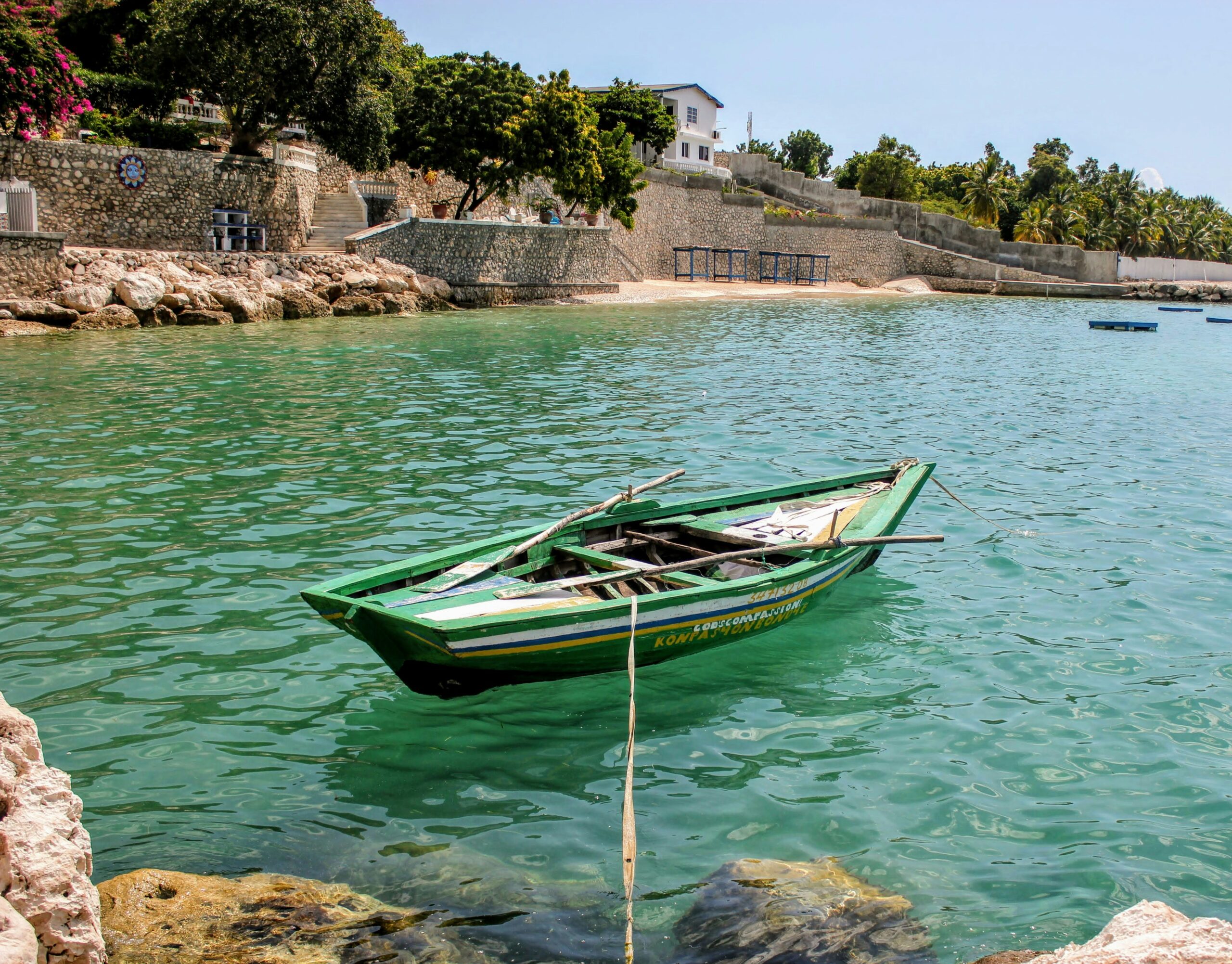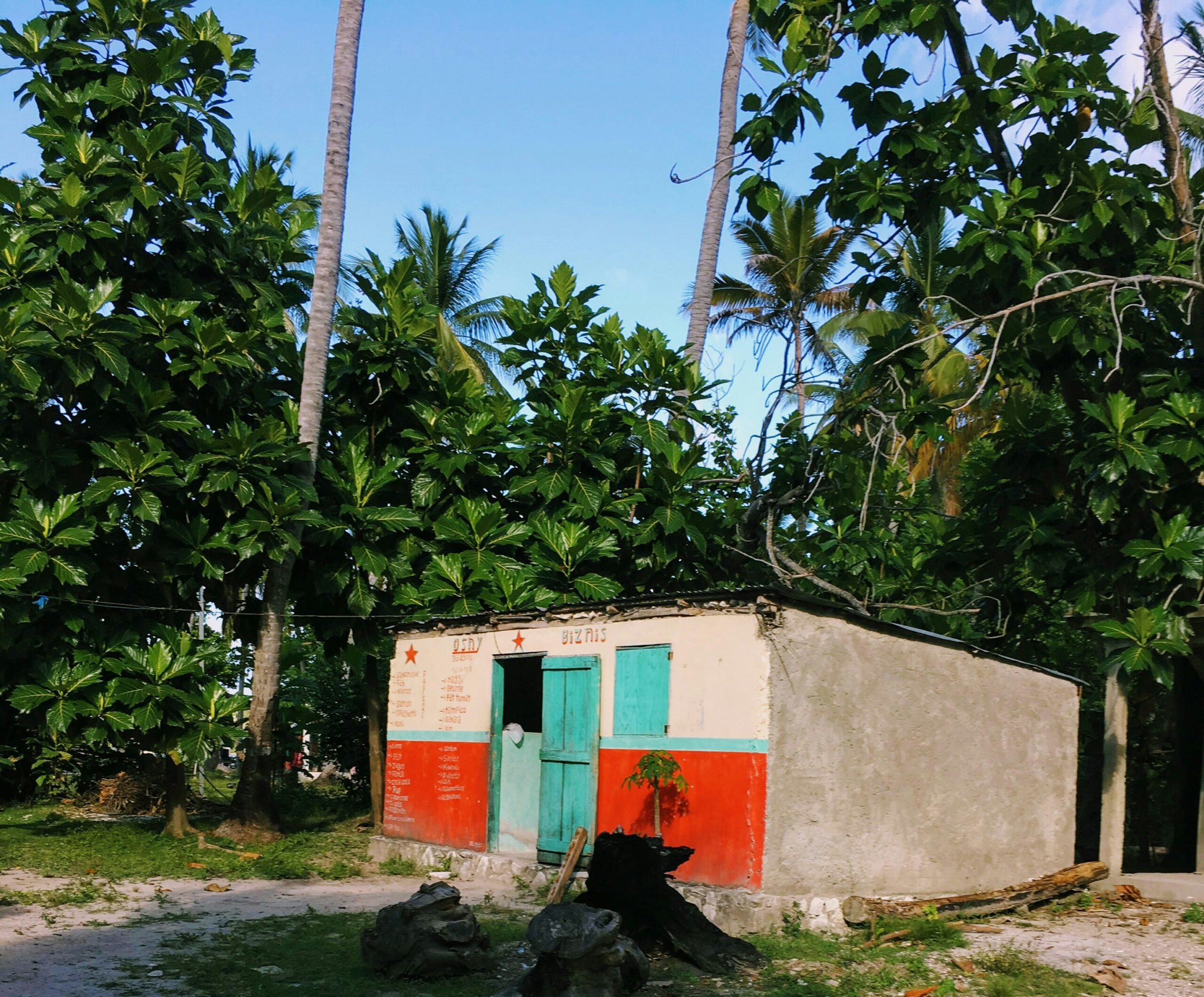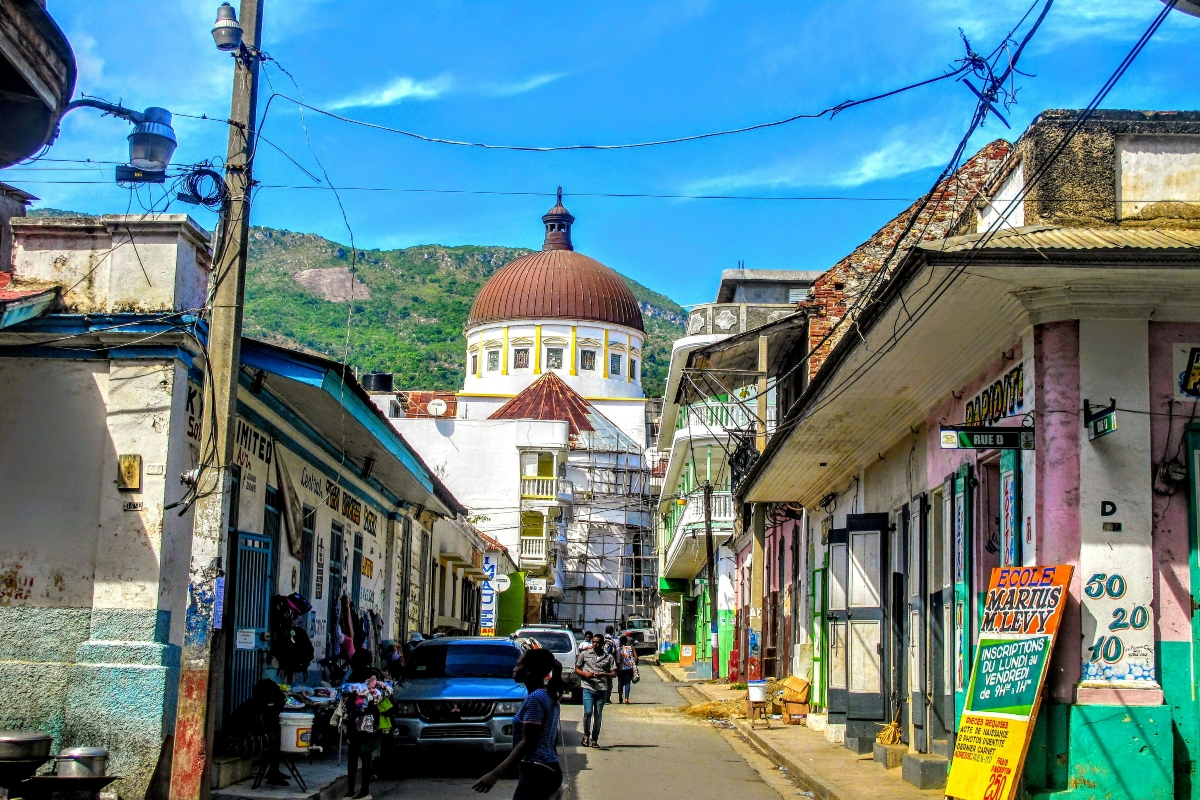In an early morning shrouded in secrecy, Haiti ushered in a new era of leadership. Following Prime Minister Ariel Henry’s formal resignation, a nine-person “transitional council” was sworn into power during a clandestine ceremony at the presidential palace in Port-au-Prince. This dramatic political shift comes amid rampant gang violence, which has left the capital city in the grip of chaos and fear.
The “transitional council,” according to The Guardian, was made up of members from Haiti’s major political factions. There were also representatives from civil society and religious organizations. The group took their oaths in a tense atmosphere marked by the presence of armed police officers wearing ballistic gear. The United States and the 15-member Caribbean Community (Caricom) supported the inauguration. However, the ceremony was nearly derailed by threats of violence from gang factions that control an astonishing 80% of Haiti’s capital.
What This Means for Haiti Moving Forward

The island nation is still reeling from the scars of a devastating 2010 earthquake. Additionally, Haiti has been grappling with a lack of elected officials since 2016 and is at a crossroads. The new government’s initial task is to nominate a prime minister and lay the groundwork for much-needed elections. But, the political landscape remains fraught with peril. The transitional council’s assumption of power is a glimmer of hope, yet the road ahead is treacherous.
Gang violence in the country has surged. More than 2,500 people have been killed or injured in Haiti since the beginning of the year. Furthermore, 1.6 million are on the brink of famine. With armed groups wielding such influence and the police outgunned, establishing authority and restoring order will be a Herculean task for the new leaders.
The Role of the International Community

Dennis Hankins, the newly appointed US ambassador to Haiti, acknowledged the US’s role in the island’s current turmoil. He admitted the influx of American firearms to Haitian gangs. Hankins expressed hope that the US could assist Haiti in returning to a path of stability, democracy, and economic growth despite recognizing that the solution must come from within Haiti itself.
As the world watches, the transitional council must navigate the treacherous waters of a nation under siege. The immediate challenge is to assert control over the gang-dominated territories of Haiti. This is a feat that will require not only military and police action but also socio-economic strategies to address the underlying causes of the insurrection.
